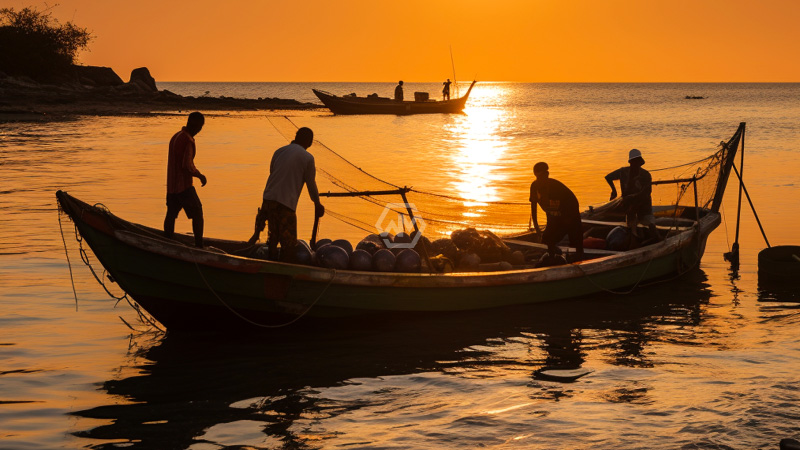- Government bans harmful fishing method on February 20.
- Ms. Adoa recommends the eco-friendly chota-chota (scoop method).
- New measures aim to protect aquatic ecosystems and ensure fish stock sustainability.
In a decisive move to safeguard marine biodiversity, the government has banned the use of a harmful fishing method, effective from February 20. Ms. Adoa, a key government representative, announced the ban and recommended the chota-chota (scoop method) as an eco-friendly alternative.
The government’s directive comes as part of a broader initiative to promote sustainable fishing practices. By advocating for the chota-chota method, authorities aim to balance the needs of the fishing community with environmental conservation efforts.
Government Advocates Eco-Friendly Fishing Practices
In an effort to combat the negative impact of destructive fishing practices, the government has banned a widely criticized method, effective February 20. The announcement was made by Ms. Adoa, who emphasized the importance of sustainable fishing and recommended the adoption of the chota-chota (scoop method) across all water bodies in the country.
The chota-chota method, also known as the scoop method, is favored for its reduced environmental footprint. Unlike the banned method, which has been associated with significant ecological harm, the chota-chota method allows fishers to harvest fish without disrupting the aquatic ecosystem. This method ensures the preservation of marine habitats and supports the regeneration of fish stocks.
This policy change reflects the government’s broader commitment to environmental stewardship. By encouraging sustainable fishing practices, authorities aim to protect marine biodiversity and ensure the long-term viability of the fishing industry. The shift towards eco-friendly methods is also expected to foster a more balanced relationship between human activities and nature.
Ms. Adoa’s announcement underscores the importance of adopting responsible fishing practices to prevent overfishing and habitat destruction. The government’s proactive measures aim to mitigate the environmental damage caused by unsustainable fishing techniques and promote the recovery of endangered species. This initiative is part of a larger strategy to enhance the resilience of aquatic ecosystems in the face of increasing environmental challenges.
The government’s decision to ban the harmful fishing method and promote the chota-chota technique marks a significant step towards sustainable fishing practices. This initiative highlights the importance of balancing economic activities with environmental preservation, ensuring the long-term health of aquatic ecosystems and the communities that depend on them.
“Adopting responsible fishing practices is crucial to preventing overfishing and habitat destruction, ensuring the sustainability of our marine resources.”
– Ms. Adoa



